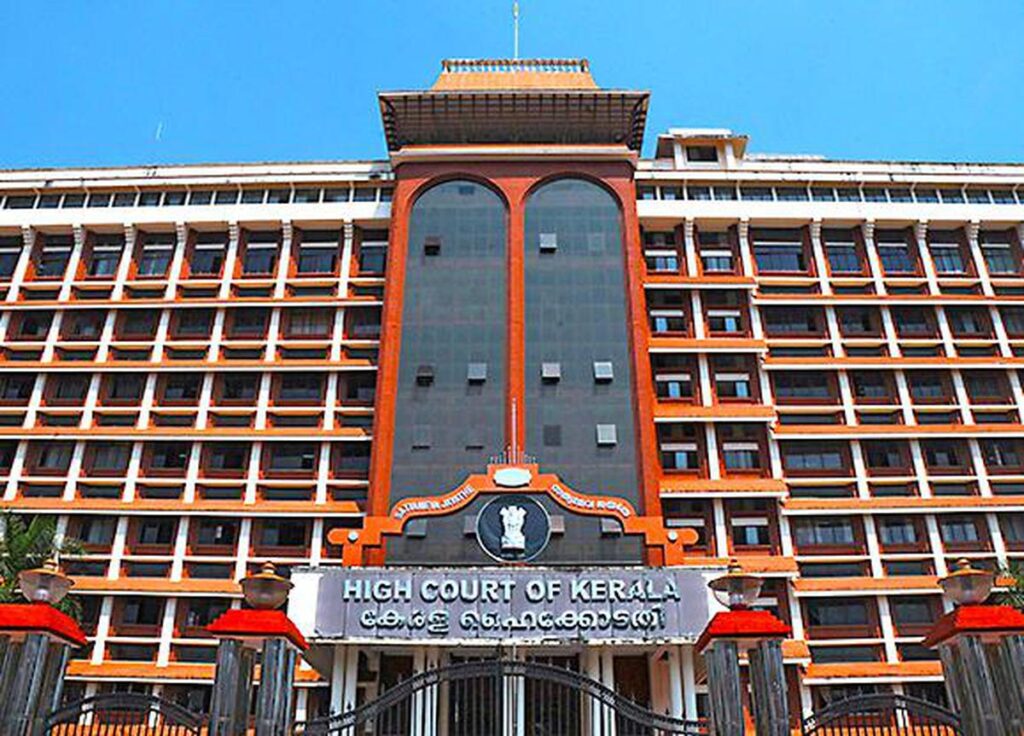Jahanvi Agarwal
The Kerala High Court has awarded more than Rs. 8 lakhs as compensation to a man who, more than ten years ago, was wounded in the leg by a Railway Constable who accidentally discharged his service gun.
Justice P.V. Kunhikrishnan conveyed his dissatisfaction with the Railway and commented that in circumstances like this, it should have risen to the occasion and addressed the petitioner’s complaint without requesting that he take the case to court.
The Court observed:
“All legal battles are worth fighting, but some are not worth winning.”
The 4th respondent accidentally discharged his weapon on July 2012, injuring the petitioner in the lower abdomen while he and his wife were traveling to obtain their daughter’s medical treatment.
In order to recover from the injury, the petitioner required significant surgery where the medical expenses were paid by the State because he was working for the University of Kerala at the time of the occurrence.
However, the petitioner asserted that he had suffered from psychological trauma and a lifelong impairment, making it impossible for him to lead a normal life after the occurrence.
The Railway admitted the occurrence in its counter affidavit but questioned the validity of the claim, citing Section 125 of the Railways Act, which mandates that compensation claims be submitted to the Railway Claims Tribunal. They further noted that the occurrence did not fit the definition of an “untoward incident” as stated in Section 124A.
The Court considered whether the case came under the definition of a shootout as stated in Section 124(c)(1)(iii). Since the Act did not define a firefight, the Bench referred to the dictionary definition, which indicated that a shootout should include a gunfight.
The Court rejected the petitioner’s injuries as an “untoward incident,” deciding that the Claims Tribunal lacked jurisdiction to consider the compensation claim as it was caused by the 4th respondent’s unintentional trigger pull and not by a shootout.
Considering the amount of compensation, the respondents indicated that they were ready to provide the petitioner a total of Rs. 1,20,000 and pointed out that this amount was decided after the petitioner’s hearing and consultation with all relevant officials and experts.
Given the trauma he had to go through, the petitioner believed that this sum was insufficient. He demanded Rs. 3 lakhs for pain and suffering and Rs. 10 lakhs for loss of amenities in life on the grounds that he would need to have more operations in the future to fully recover.
The Court rejected the railroad’s proposal because it was inadequate and failed to take the petitioner’s bodily and mental suffering into consideration. The petitioner’s allegation was deemed to be a little exaggerated, but the court recognized his ongoing hardship for the last 13 years and gave him Rs. 2 lakhs as compensation for his suffering. In addition, Rs. 1,20,000 was given to cover any future medical costs.
The court was of the opinion that:
“The Railway is introducing fast trains like “Vande Bharath”, “Rajadhani”, “Janshadabdhi” etc. But Railway ought to have redressed these types of grievances of the citizens also in speed track to build confidence in the citizen without dragging citizens to litigation. The Railway unnecessarily drag the petitioner into this litigation. In such circumstances, I am of the opinion that the petitioner is entitled to interest for the amount of compensation awarded by this Court from the date of the incident.”
The Court granted Rs. 5 lakhs as compensation for lost facilities. Due to the Railways’ delay in responding to the issue, they also permitted interest to be paid to the petitioner. The petitioner was told to get this money from the respondents within four months. As a result, the petition was partially granted.
Case Name: Manaf M vs. Union of India
Diary Number: 26110 OF 2012
Bench: Mr. Justice P.V.Kunhikrishnan

